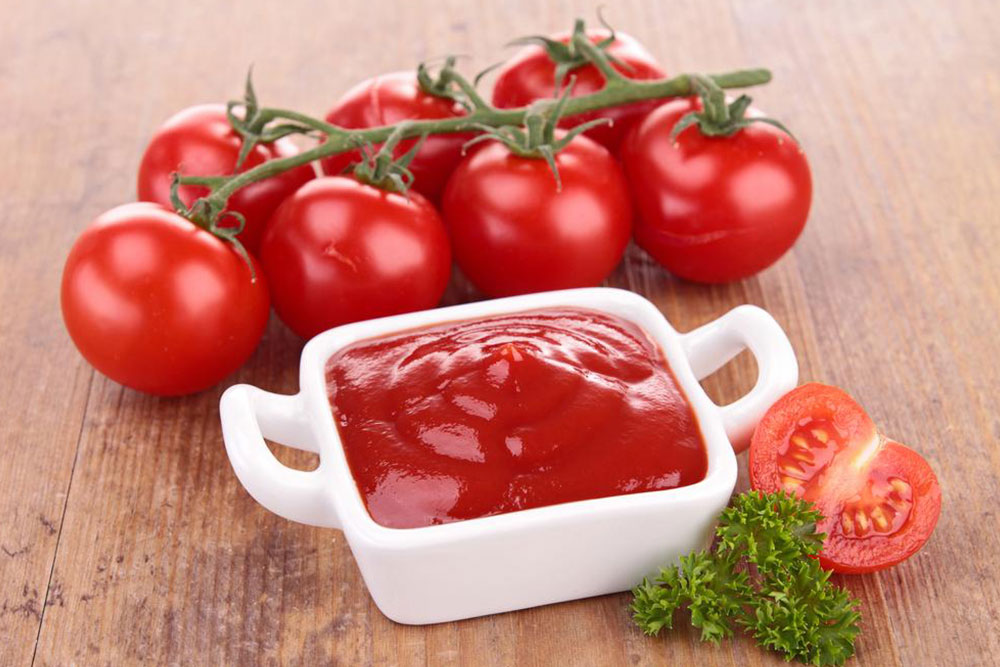Nutritional Strategies to Help Manage Atopic Dermatitis
Explore key dietary options to help manage atopic dermatitis symptoms. This guide highlights foods rich in anti-inflammatory nutrients, including bananas, apples, sweet potatoes, broths, and salmon, which support skin health and reduce flare-ups. Consult health professionals before making dietary changes to ensure safety and effectiveness in eczema management.

Foods That Support Atopic Dermatitis Management
Atopic dermatitis, commonly referred to as eczema, is a persistent skin disorder characterized by dryness and scaling. It results in red, itchy, and inflamed skin, with severity varying among individuals. While a cure remains elusive, lifestyle adaptations and dietary choices can help control flare-ups. Incorporating specific foods into your diet may reduce symptoms and improve skin health.
Bananas
Rich in potassium, bananas are a nutrient-dense superfood beneficial for those with eczema. They help reduce inflammation and promote healthier skin. Additionally, they are affordable and readily available, making them an easy, nutritious addition to daily meals.
Apples
Known for their high flavonoid content, apples possess potent antioxidant and antihistamine qualities. This makes them effective against skin and body inflammation. Rich in vitamin C, especially when eaten with the skin, apples can help maintain skin hydration, preventing dryness and itchiness.
Sweet Potatoes
This root vegetable is packed with nutrients including protein and vitamin C, which have anti-inflammatory effects that can reduce eczema symptoms. Its antioxidants also help minimize allergic skin reactions. Easy to prepare—boiled, mashed, or roasted—adding lemon and salt can enhance flavor.
Beef and Chicken Broth
These broths contain glycine, an amino acid that supports skin repair by promoting glutathione production. Glutathione combats oxidative damage caused by free radicals, helping prevent skin infections and damage associated with eczema. The amino acids also facilitate collagen production, essential for skin strength, as well as supporting muscles, bones, and ligaments.
Salmon
This fish is rich in omega-3 fatty acids, which are beneficial for skin and overall health. These healthy fats can help manage eczema flare-ups and are heart-friendly. Including salmon regularly in meals is convenient and easy to prepare, making it a nutritious option for lunch or dinner.
Always consult with a healthcare provider or nutritionist before making dietary changes, especially if you have food allergies or other health conditions. Ensuring foods do not trigger allergic reactions is crucial for managing eczema effectively.










